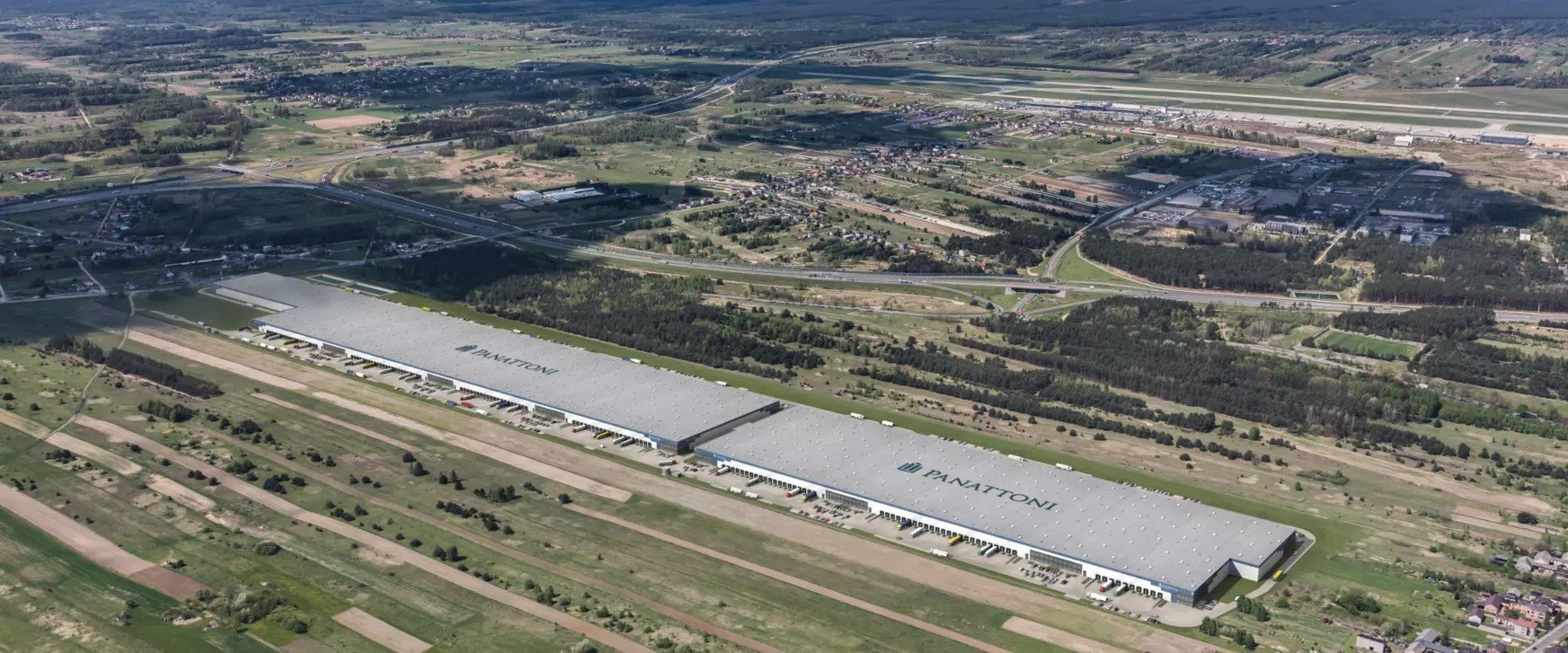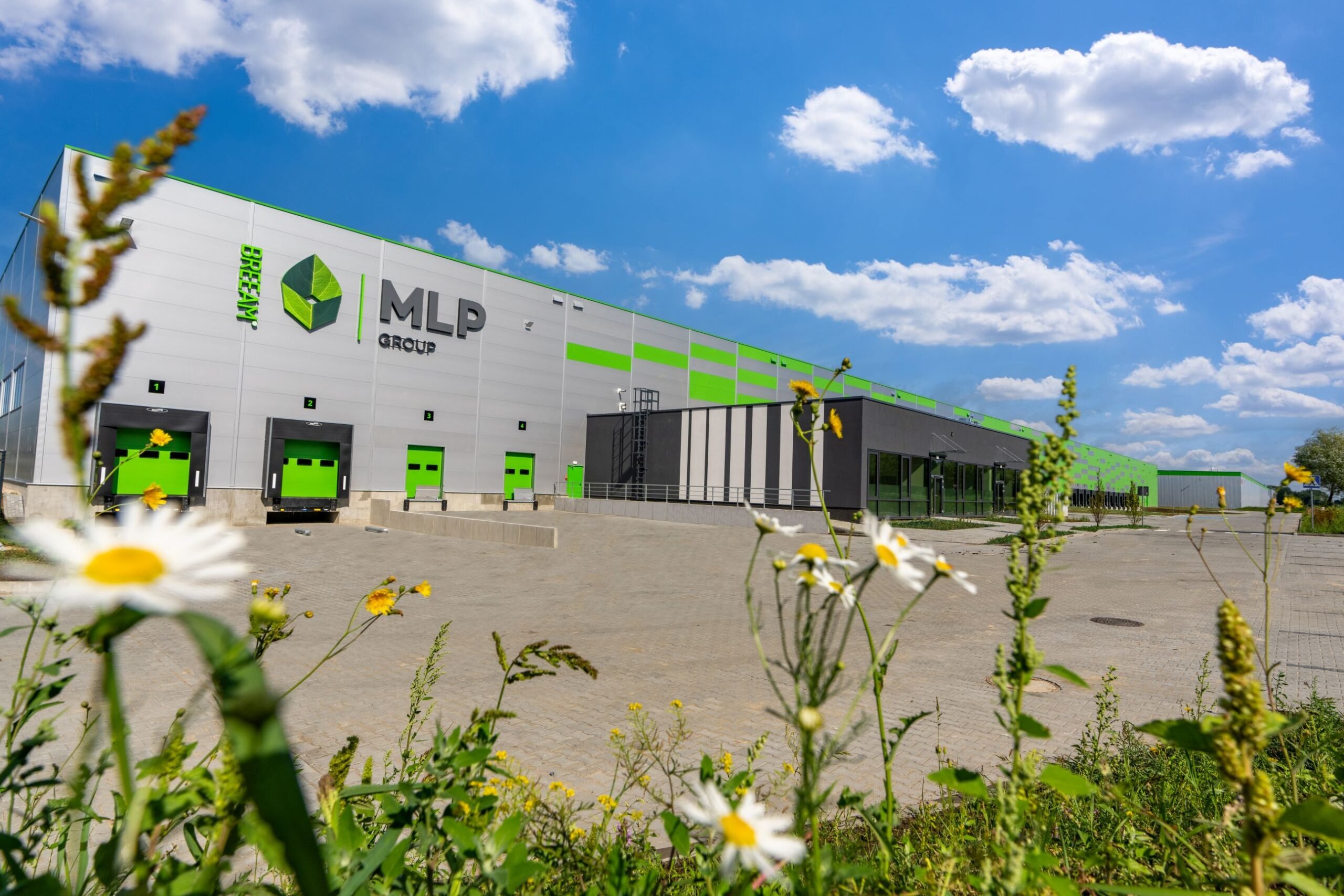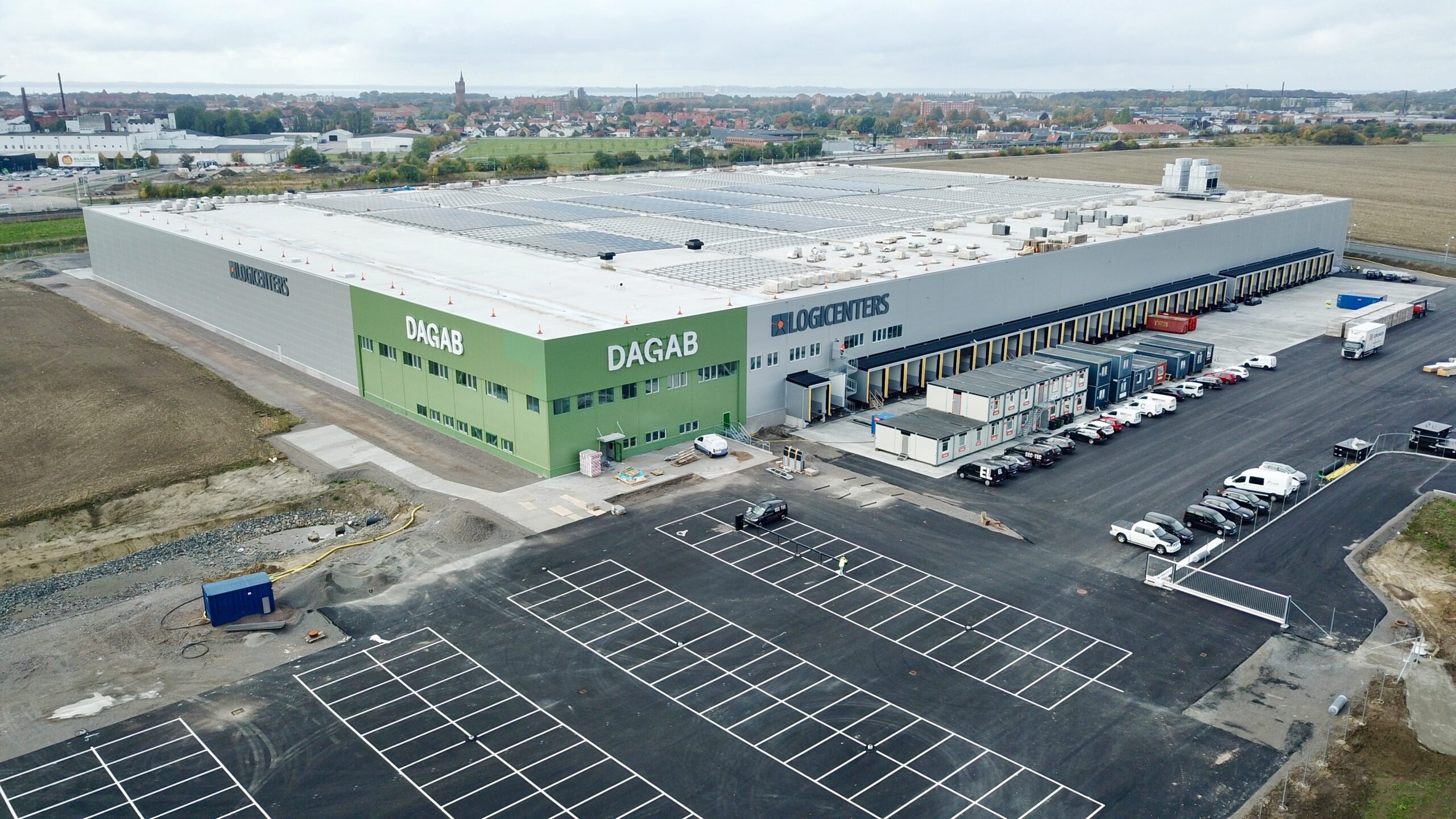The EUDR (EU Deforestation Regulation) marks another milestone in the European Union’s efforts to promote sustainable international trade. It is also one of the most complex and demanding regulatory initiatives of recent years. Its goal is to limit the placing on the EU market of products linked to deforestation or forest degradation. In practice, this means that companies importing or exporting goods such as coffee, cocoa, soy, timber, rubber, palm oil or derivative products (e.g. paper, furniture, leather) will be required to ensure full transparency of their supply chains. The key question now is: how can they prepare?
According to the latest proposals by the European Commission, the EUDR obligations will apply to large and medium-sized enterprises from 30 December 2025, while micro and small enterprises will be covered from 30 June 2026. Larger entities will benefit from a six-month transition period during which penalties will not yet be imposed, but they will still be expected to start implementing due diligence requirements in practice. This means that companies have significantly less time to prepare than previously anticipated. They will also be required to introduce due diligence procedures, including the collection and reporting of detailed data on the origin of goods – such as the geolocation coordinates of production sites, dates of raw material extraction or cultivation, and information on suppliers. These data will be uploaded to the EU’s dedicated EUDR electronic system, which will enable companies to submit compliance statements before placing products on the EU market.
A major change for thousands of businesses
It is estimated that in Poland alone, the new regulation will affect up to 120,000 companies – importers, exporters and manufacturers operating within the EU market. Each of them will be obliged to carry out a risk assessment and submit an electronic due diligence statement. Failure to comply may result in severe penalties. Moreover, even intra-EU trade – for example, the sale of window systems from Poland to other Member States – will also fall under EUDR reporting requirements.
For businesses, this means the need to digitise trade documentation, accurately identify suppliers and verify their compliance with EUDR requirements. If a business partner cannot provide the necessary data, in many cases, the only solution will be to replace that supplier. This may be difficult, but it is necessary, as responsibility for compliance with the EUDR rests with every entity participating in the supply chain.
New global standards
The EUDR requires companies not only to gather information on the origin of goods, but also to establish systems for risk management and supplier audits. In practice, this means a deep transformation of procurement, logistics and compliance processes. Organisations that start analysing their supply chains now, implement risk assessment tools, and integrate due diligence procedures with customs systems will be much better prepared once the regulation enters into force.
The EUDR is also reshaping relations with international partners. In many non-EU countries – such as Ghana – traceability systems for products like cocoa are already being developed, from plantation to export port, to help European importers meet the new requirements. This shows that the EUDR is becoming not only a European but also a global standard for sustainable raw material trade. For logistics companies, importers and manufacturers, this creates both challenges and opportunities to strengthen their operational credibility and market standing.
Expert support
At Rohlig SUUS Logistics, we provide comprehensive support to help companies prepare for EUDR implementation. Our experts assist in verifying CN codes and product classifications to determine which goods fall under the regulation. We also offer to act as an indirect representative who can submit due diligence statements (DDS) on behalf of clients, conduct supplier audits, and support the collection of the required documentation. SUUS also maintains close cooperation with the Polish Ministry of Climate and Environment, the competent authority for EUDR in Poland, which enables us to provide clients with up-to-date interpretations, clarifications and operational guidance on regulatory implementation.
With regulations of this kind, acting ahead of time is crucial – not only to meet formal obligations, but also to build more resilient, transparent and sustainable supply chains. The EUDR is set to redefine the future of trade within the EU, and companies that start preparing now will earn lasting credibility and stability in the global pursuit of sustainable growth.
Expert: Dagmara Barwa, Deputy Customs Product Director, Rohlig SUUS Logistics







